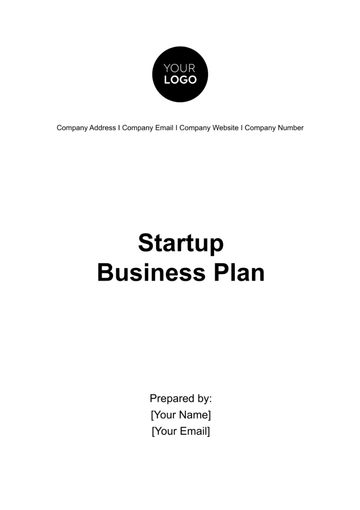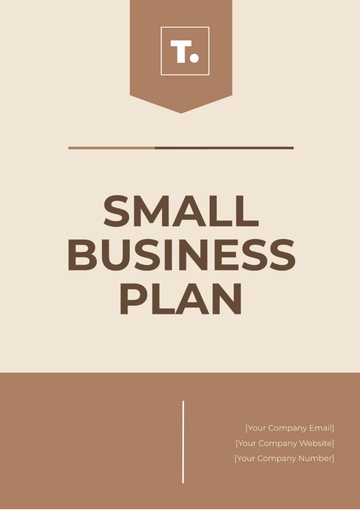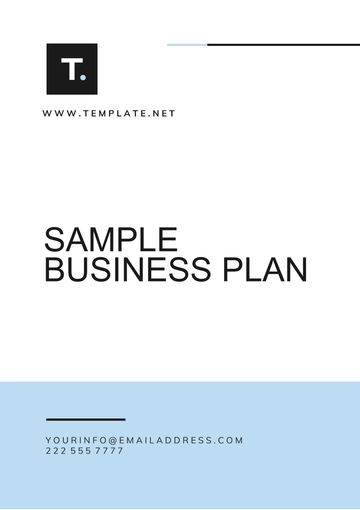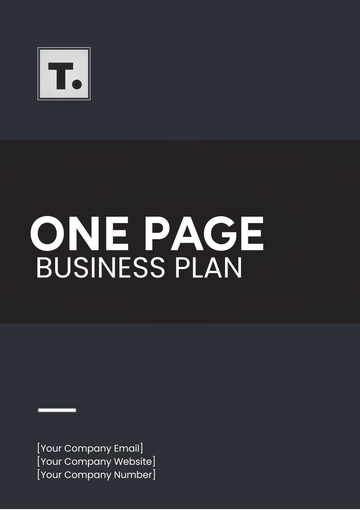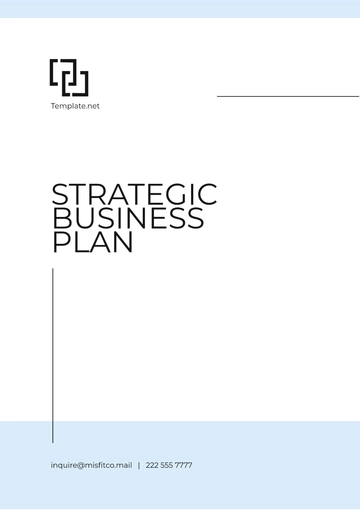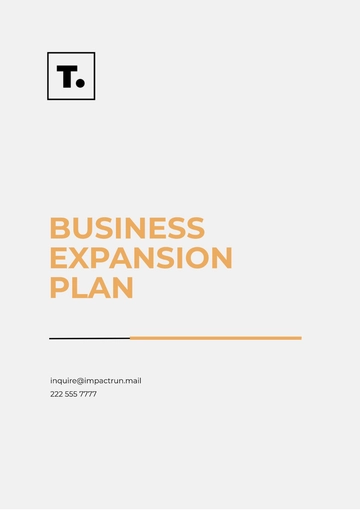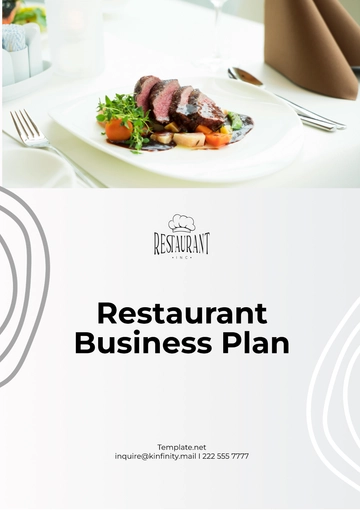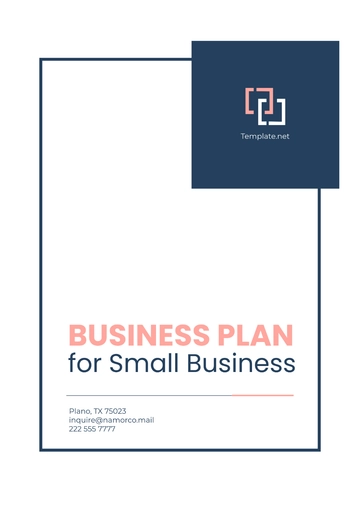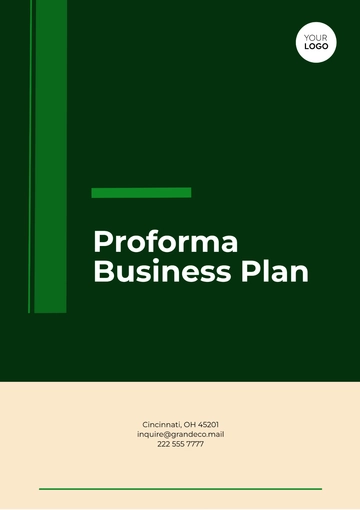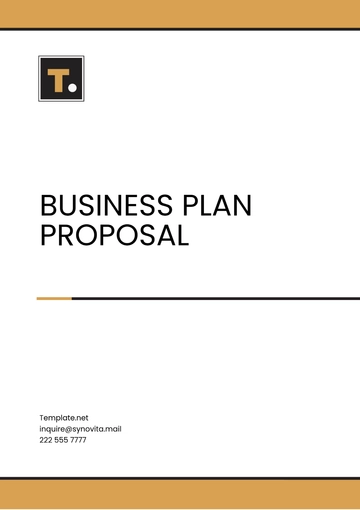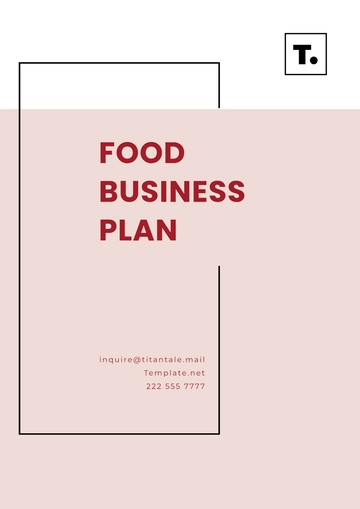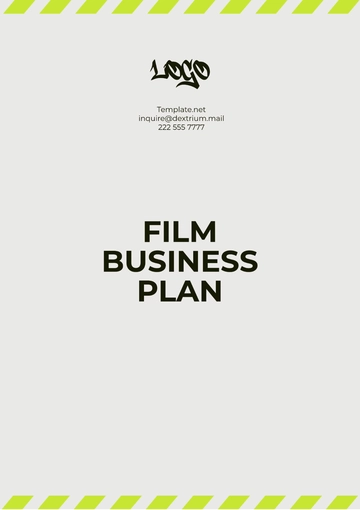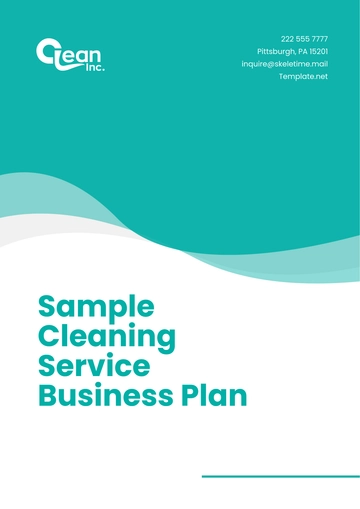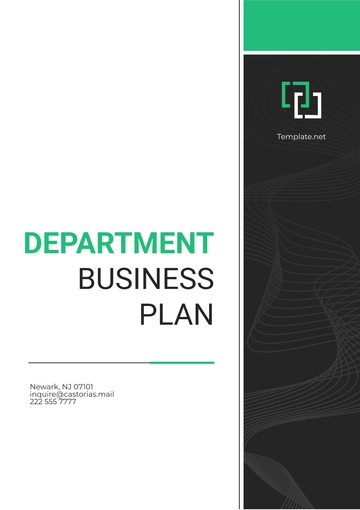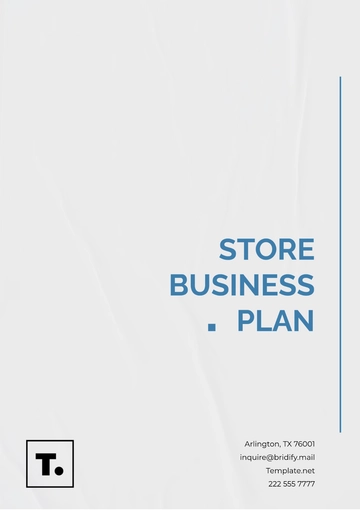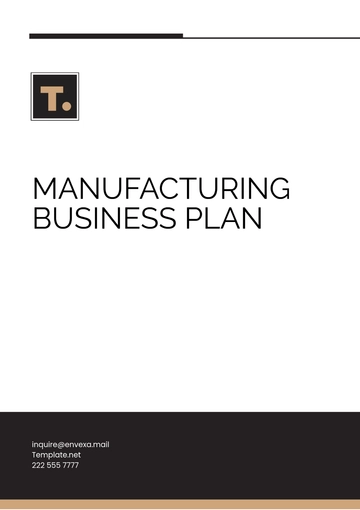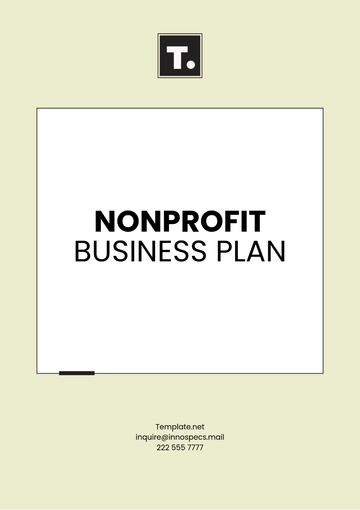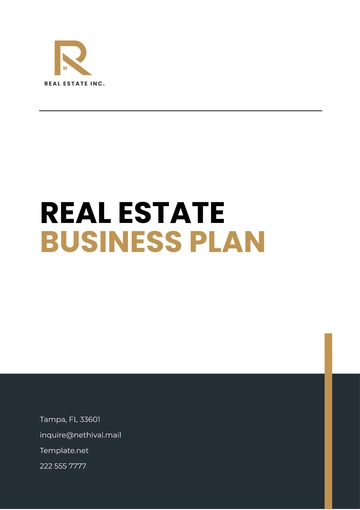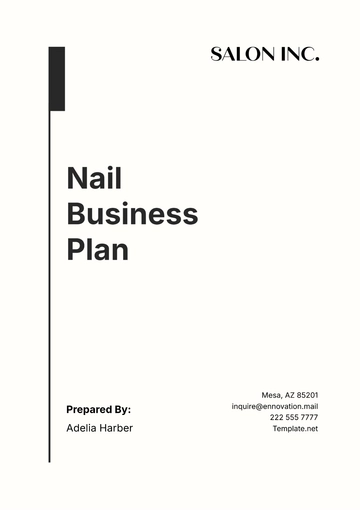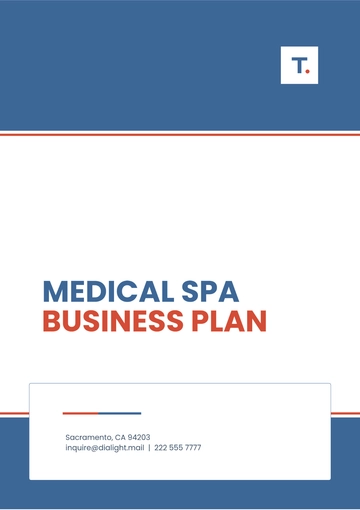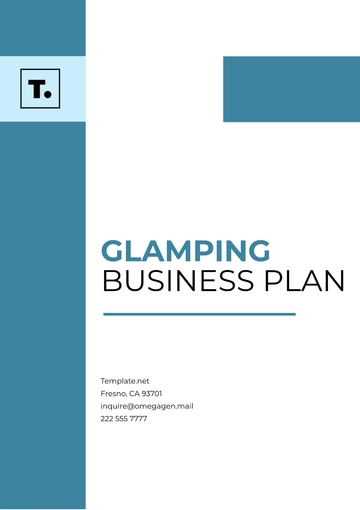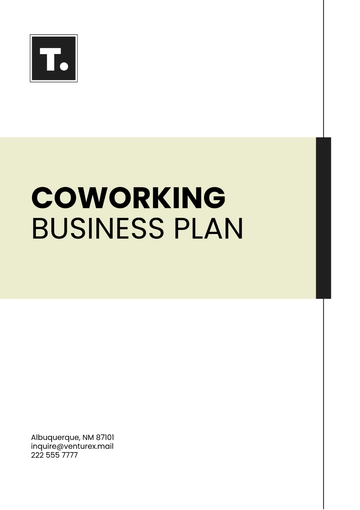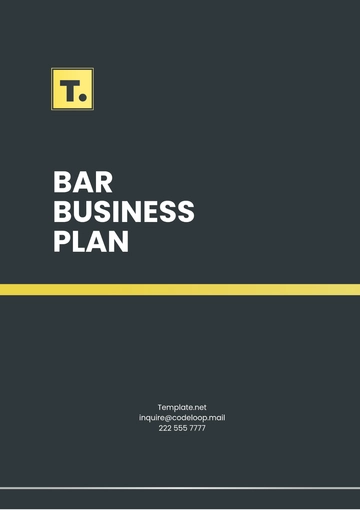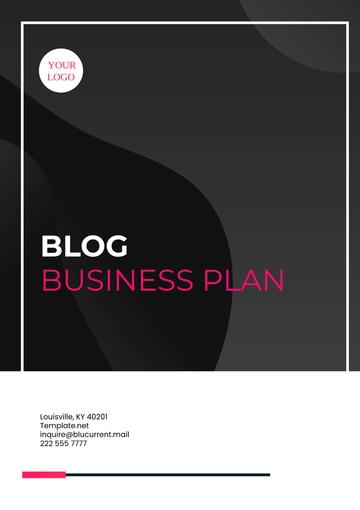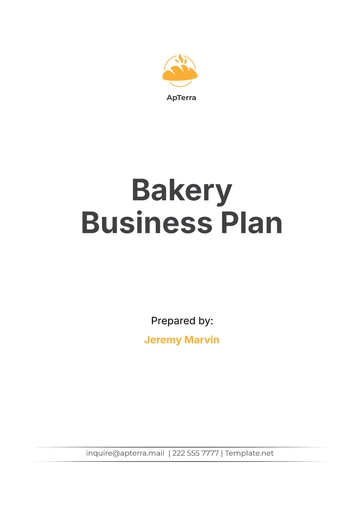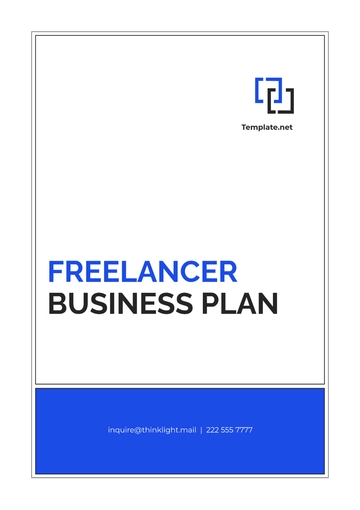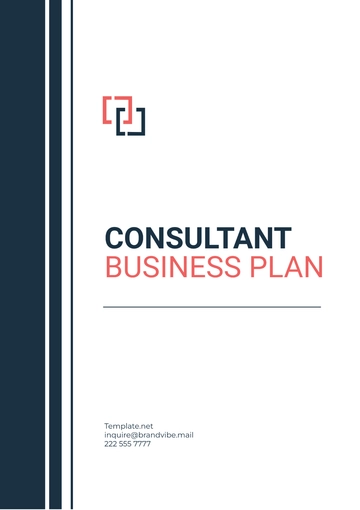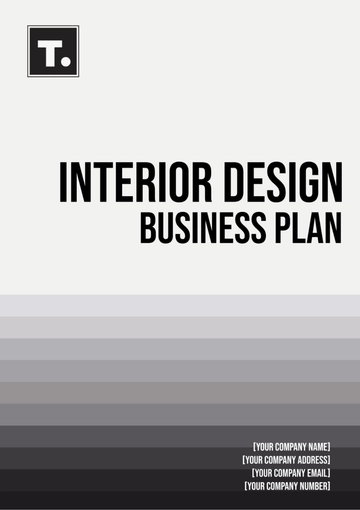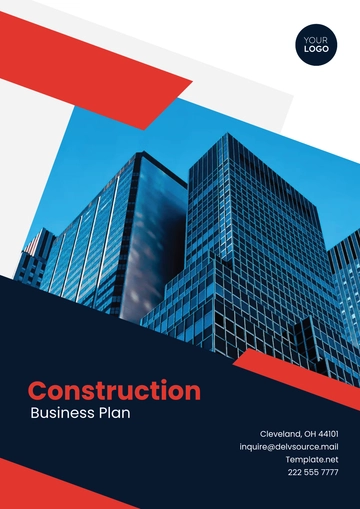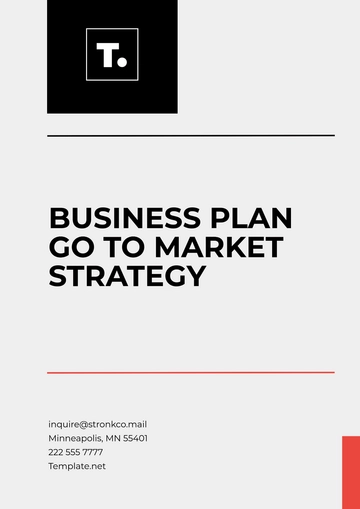Free Travel Agency Business Plan
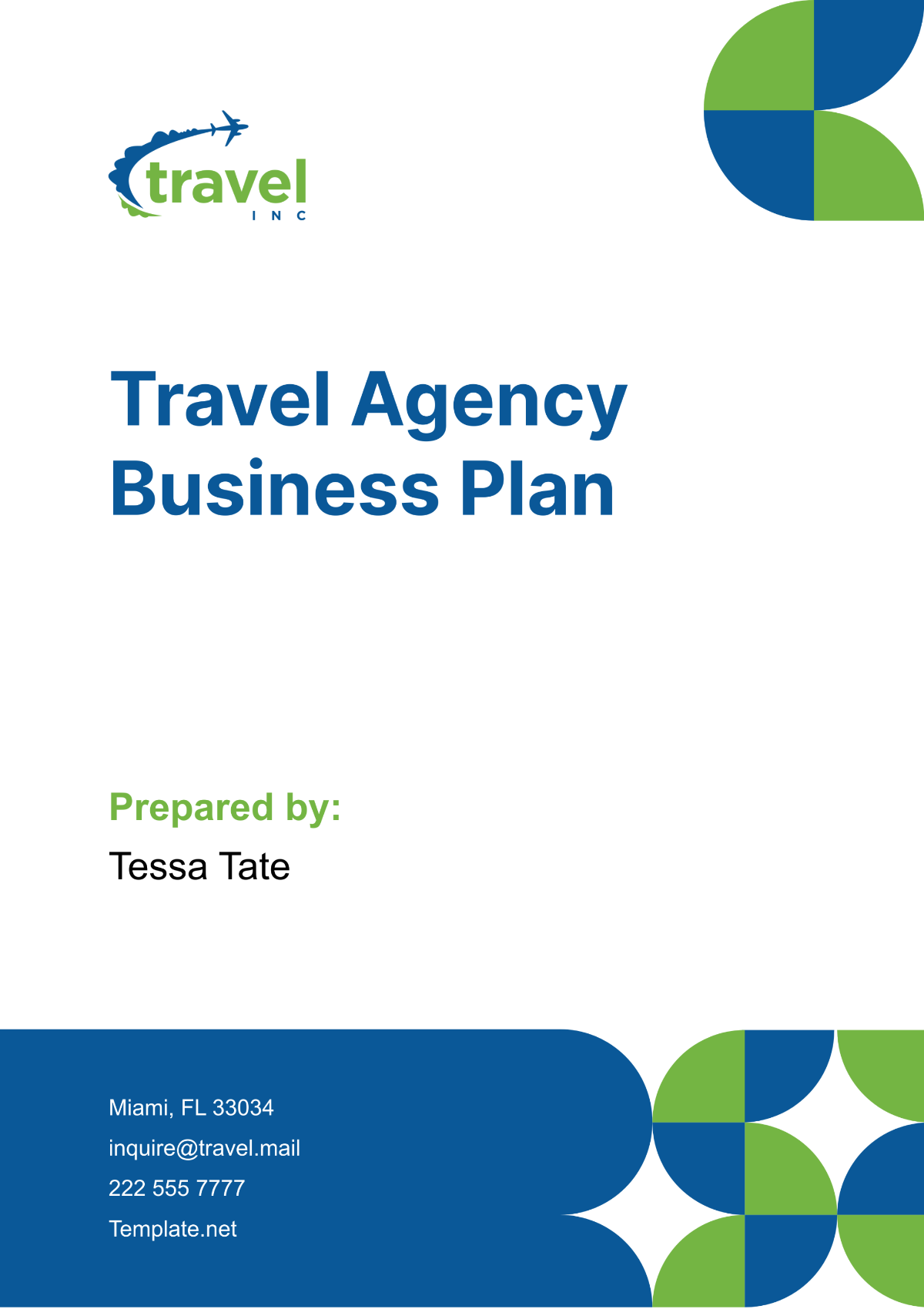
1. Executive Summary
Business Name and Location
[Your Company Name]
Main Office: [Your Company Address]
Mission Statement
[Your Company Name] is committed to providing personalized and stress-free travel experiences for both leisure and business clients by leveraging industry expertise, cutting-edge technology, and a personalized touch.
Business Objectives
To achieve a market share of 5% within the [Location] region by the end of year three.
To generate a revenue of over $5 million by year five.
To expand services to include corporate travel management by the end of year two.
Services Offered
Custom vacation planning
Group travel packages
Corporate travel management services
Specialized tours such as eco-tours, cultural heritage tours, and adventure sports travel
The Market
Our primary market includes middle to high-income individuals aged 30-60 years, residing in the metropolitan areas of [Location], who value personalized and unique travel experiences. Secondary markets include small to medium-sized enterprises looking for cost-effective corporate travel solutions.
Financial Summary
According to financial forecasts, it is anticipated that [Your Company Name] will successfully generate total revenues amounting to $800,000 in its first year of operation. By the third year, these revenues are expected to rise significantly, reaching a total of $2.5 million. This substantial increase in revenue will be achieved by employing highly efficient operational strategies and by focusing on the provision of high-value services. Additionally, it is projected that [Your Company Name] will attain a profit margin ranging from 15% to 20% during this period.
Funding Requirements
An initial financial requirement for the startup costs and the requisite initial cash flow amounts to $300,000. Out of this total, $150,000 is being sought from external investors.
Ownership Structure
[Your Company Name] is a Limited Liability Company (LLC) with two principal owners, [Name] and [Name], holding 40% shares each, and the remaining 20% offered to early investors.
2. Business Description
Industry Background
The global travel industry is poised for recovery and growth post-pandemic, with an anticipated compound annual growth rate (CAGR) of 12% over the next five years. Increasing consumer demand for tailored travel experiences and sustainable tourism options are significant trends.
Business History and Background
Founded in [Year] by travel enthusiasts and seasoned entrepreneurs [Name] and [Name], [Your Company Name] aims to capitalize on the post-pandemic surge in travel by offering uniquely personalized services that distinguish us from traditional travel agencies.
Vision Statement
To become the leading travel agency in [Location] by providing innovative, personalized travel solutions that meet the evolving needs of modern travelers.
Legal Structure
[Your Company Name] operates as an LLC, offering flexibility and protection to the owners while allowing for easy capital injection through potential investors.
3. Market Analysis
Industry Analysis
Metric | Description |
|---|---|
Market Size | $1.2 trillion globally |
Growth Rate | 12% CAGR over the next five years |
Key Trends | Increased demand for customized travel experiences and sustainable tourism. |
Target Market
Segment | Characteristics |
|---|---|
Primary | Middle to high-income adults, ages 30-60, interested in leisure and unique travel experiences. |
Secondary | SMEs looking for streamlined and cost-effective travel management solutions. |
Customer Needs
Customers in our target market require:
Customization and flexibility in travel planning.
Expert advice and unique destination insights.
Comprehensive and hassle-free travel arrangements.
Competition Analysis
Key competitors in [Location] include:
[Competitor 1]: A large chain with strong brand recognition but less focus on personalized service.
[Competitor 2]: A boutique firm specializing in adventure travel, offering limited destinations.
4. Marketing Strategy
Branding
The brand identity of [Your Company Name] will be centered around the concepts of personalization and delivering a premium service experience. In terms of visual representation, our brand will utilize imagery that is both serene and appealing, specifically highlighting various travel scenes. Additionally, our brand's online presence will be encapsulated through a modern website that is not only aesthetically pleasing but also easy to navigate.
Marketing Objectives
To build brand awareness in the [Location] area within the first year.
To acquire 300 unique customers by the end of year one.
To achieve a customer return rate of 25% by the end of year two.
Marketing Channels
Digital Marketing: Utilize SEO, PPC, and social media platforms like Instagram and Facebook to reach our target demographic.
Traditional Media: Local newspapers, magazines, and travel expos.
Partnerships: Collaborate with local businesses and travel influencers to expand reach.
Sales Strategy
Revenue will be generated by leveraging multiple channels including online bookings, direct engagement with customers through telephone and email communications, and the establishment of corporate contracts designed to ensure consistent and ongoing streams of income.
Pricing Strategy
[Your Company Name] will utilize a tiered pricing strategy to cater to different customer segments:
Standard packages for budget-conscious travelers.
Premium packages for luxury experiences.
Custom quotes for corporate clients and unique travel requirements.
5. Operations Plan
Operational Workflow
[Your Company Name] will operate through a detailed and efficient workflow designed to ensure a seamless experience for every customer. Here's a breakdown of the key operational processes:
Customer Inquiry and Booking Process:
Initial Contact: Customers can reach out via our website, email, or phone. Initial responses are automated but quickly followed up by a personal touch from a travel consultant.
Consultation: A travel consultant schedules a call or meeting to understand the client's preferences, budget, and special requirements.
Planning and Proposal: Tailored travel proposals are crafted and sent to the client, including itineraries, accommodation options, and price quotes.
Booking Confirmation: Upon client approval, bookings are confirmed, and all necessary arrangements are made. The client receives a complete travel package along with all documents.
Trip Planning and Execution:
Itinerary Planning: Custom itineraries are created based on client preferences and insights from destination experts.
Booking Management: Handling of all bookings including flights, hotels, and activities. Regular checks on availability and prices to secure the best options.
Travel Documentation: Management of all necessary travel documents including visas, travel insurance, and health advisories.
Customer Support:
Pre-Trip: Provides detailed travel guidelines, what to expect, weather information, packing lists, and answers to any last-minute queries.
During Trip: A 24/7 hotline for travelers to solve any issues that arise during their trip.
Post-Trip: Follow-up for feedback, addressing any concerns, and encouraging sharing of their experiences which helps in refining services and resolving any recurring issues.
Location
The strategic choice of location facilitates accessibility for both employees and clients, which is vital for operational success:
Accessibility: Easy access via public transport and major roads.
Visibility: Located in a well-known area that is frequently visited by target customers.
Proximity to Business District: Close to corporate offices for easy access to business clients.
Technology
To support its operations, [Your Company Name] employs various technologies:
Reservation System: A state-of-the-art reservation system that integrates with global distribution systems (GDS) to provide real-time availability and booking capabilities.
Customer Relationship Management (CRM): A CRM system to manage customer profiles, track interactions, and personalized service based on customer history and preferences.
Financial Management Software: Software to handle invoicing, expense tracking, and financial reporting.
Suppliers and Partners
A network of reliable suppliers and partners ensures the quality and reliability of travel offerings:
Global and Local Suppliers: Established relationships with both global providers for air travel and accommodations and local operators for unique local experiences.
Strategic Alliances: Partnerships with technology firms for system support and upgrades, ensuring operations stay current with technological advances.
Quality Assurance: Regular reviews and assessments of partners to ensure high standards are met across all service offerings.
6. Management and Organization
Organizational Structure
The organizational structure of [Your Company Name] is designed to facilitate clear communication and efficient management.
Department | Roles and Responsibilities |
|---|---|
Executive Team | - CEO: Strategic oversight, business development |
- COO: Operational management, process optimization | |
Sales and Marketing | - Develops and executes marketing strategies |
- Manages customer relationships and acquisition | |
Operations | - Handles bookings, customer service, and vendor relations |
Finance | - Manages finances, including billing and financial reporting |
Management Team
Key members of the management team include:
Name | Position | Experience | Role Description |
|---|---|---|---|
[Name] | CEO | 10+ years in travel industry management | Oversees company strategy and business development |
[Name] | COO | Extensive experience in operations in the travel sectors | Manages daily operations and optimizes business processes |
Staffing Needs
Initial staffing requirements to support business operations are outlined below:
Position | Number Required | Responsibilities | Skills Required |
|---|---|---|---|
Travel Consultants | 4 | Personalized travel planning and customer interaction | Excellent communication, travel knowledge |
Marketing Specialist | 1 | Manage marketing campaigns, analyze market trends | Marketing, analytical skills |
Finance Officer | 1 | Financial reporting, budget management | Financial management, accounting |
Customer Service Reps | 2 | Provide customer support, manage inquiries | Customer service, problem-solving |
Human Resources
HR strategies focused on recruitment, training, and retention:
Area | Strategy |
|---|---|
Recruitment | Target experienced professionals in the travel and customer service industries |
Training | Regular training on travel products, customer service excellence, and technology use |
Retention | Competitive salaries, performance bonuses, career advancement opportunities |
7. Financial Plan
Start-up Costs
Item | Cost |
|---|---|
Lease and Renovations | $50,000 |
Office Equipment and Supplies | $20,000 |
Initial Marketing | $30,000 |
Technology Setup | $40,000 |
Licenses and Permits | $10,000 |
Total | $150,000 |
Revenue Projections
Year 1: $800,000
Year 2: $1,500,000
Year 3: $2,500,000
Projected revenue growth is expected from an expanding customer base and the introduction of new services such as corporate travel management.
Profit and Loss Statement
Forecast for the first three years:
Year | Revenue | Expenses | Net Profit |
|---|---|---|---|
Year 1 | $800,000 | $600,000 | $200,000 |
Year 2 | $1,500,000 | $1,000,000 | $500,000 |
Year 3 | $2,500,000 | $1,750,000 | $750,000 |
Cash Flow Analysis
[Your Company Name] Cash Flow Projections:
To maintain a healthy financial status and ensure continuous operations, [Your Company Name] will monitor its cash flows closely.
Cash Inflow: Includes all revenue from sales, advance bookings, and any other income.
Cash Outflow: Comprises operational expenses, marketing costs, staff salaries, and capital expenditures.
Net Cash Flow: The residual cash flow after all expenses have been deducted from the total income.
This projection helps in planning for future expenses, understanding funding needs, and ensuring enough cash to cover unexpected costs.
Balance Sheet
Projected Balance Sheet at Year-End
Assets | Amount ($) | Liabilities and Equity | Amount ($) |
|---|---|---|---|
Cash | 120,000 | Debt | 150,000 |
Accounts Receivable | 80,000 | Accounts Payable | 40,000 |
Inventory | 10,000 | Equity | 200,000 |
Property & Equipment | 200,000 | ||
Total Assets | 410,000 | Total Liabilities and Equity | 390,000 |
Assets: Include cash, receivables, inventory, and fixed assets like property and equipment.
Liabilities and Equity: Comprise short-term debts, accounts payable, and owner’s equity.
Break-even Analysis
Break-even Calculation for [Your Company Name]
Description | Amount ($) |
|---|---|
Fixed Costs | 300,000 |
Variable Costs per Unit | 50 |
Price per Unit | 100 |
Break-even Point = Fixed Costs / (Price per Unit - Variable Costs per Unit) Break-even Point = 300,000 / (100 - 50) = 6,000 units
Fixed Costs: Include rent, salaries, and utilities that do not change with the volume of business.
Variable Costs per Unit: Costs that vary directly with the number of units sold.
Price per Unit: Average selling price per unit of service.
The analysis shows that [Your Company Name] needs to sell 6,000 units of service to cover all costs and break even. This information is vital for setting sales targets and pricing strategies to ensure profitability.
8. Conclusion
In conclusion, [Your Company Name] is strategically positioned to enter the travel industry with a robust business plan that outlines clear objectives, a comprehensive operational strategy, and a solid financial foundation. Our detailed market analysis demonstrates a strong demand for personalized travel experiences, and our targeted marketing strategies are designed to engage our ideal customer segments effectively.
Our commitment to providing exceptional, tailored travel services is reflected throughout our business operations, from meticulous planning and execution to dedicated customer support. The projections outlined in our financial plan reveal a promising future with sustainable growth and profitability, underpinned by prudent financial management and strategic capital investments.
With a seasoned management team at the helm and a keen focus on innovation and customer satisfaction, [Your Company Name] is well-equipped to navigate the challenges of the travel industry and seize opportunities for expansion and success.
We believe that our approach will not only create memorable experiences for our clients but also deliver substantial returns to our stakeholders. We are excited about the journey ahead and are committed to achieving our vision of becoming a leading name in the travel services market. By adhering to our core values and strategic objectives, we are confident that [Your Company Name] will achieve its goals and set new benchmarks in the industry.
Thank you for considering this opportunity to be part of [Your Company Name]. We look forward to your support in making this vision a reality, and to a prosperous collaboration that sets new standards in the travel industry.
- 100% Customizable, free editor
- Access 1 Million+ Templates, photo’s & graphics
- Download or share as a template
- Click and replace photos, graphics, text, backgrounds
- Resize, crop, AI write & more
- Access advanced editor
Chart your agency's future with Template.net's Travel Agency Business Plan Template. Customizable and editable, this template integrates flawlessly with the Ai Editor Tool, allowing you to develop a strategic roadmap tailored to your specific business goals. Lay the foundation for success with our expertly designed template, essential for effective planning and growth.
You may also like
- One Page Business Plan
- Coffee Shop Business Plan
- Restaurant Business Plan
- Food Business Plan
- Real Estate Business Plan
- Executive Summary Business Plan
- Cover Page Business Plan
- Nonprofit Business Plan
- Daycare Business Plan
- Construction Business Plan
- Startup Business Plan
- Medical Business Plan
- Bakery Business Plan
- Service Plan
- Hotel Business Plan
- Catering Business Plan
- School Business Plan
- Healthcare Business Plan
- Transportation Plan
- Sports Plan
- Car Wash Business Plan
- Salon Business Plan
- Clothing Business Plan
- Farming Business Plan
- Boutique Plan
